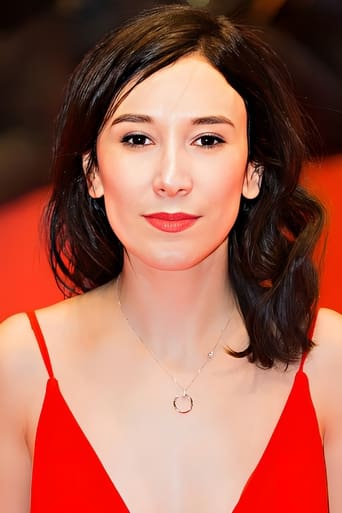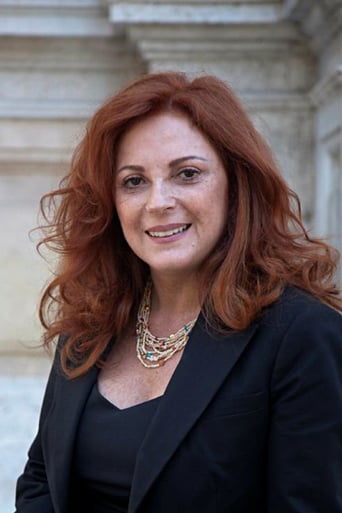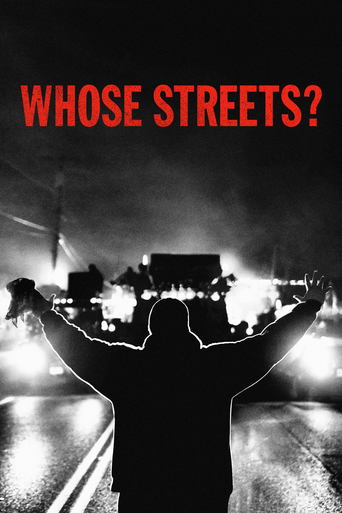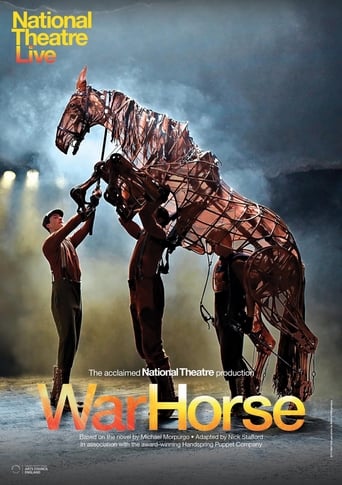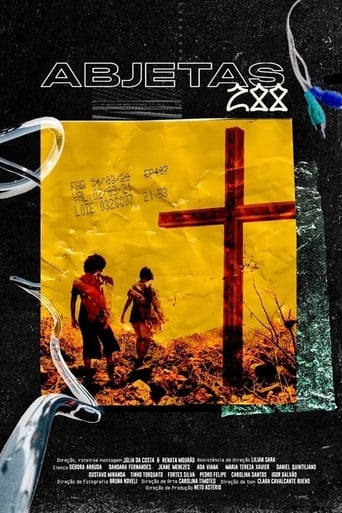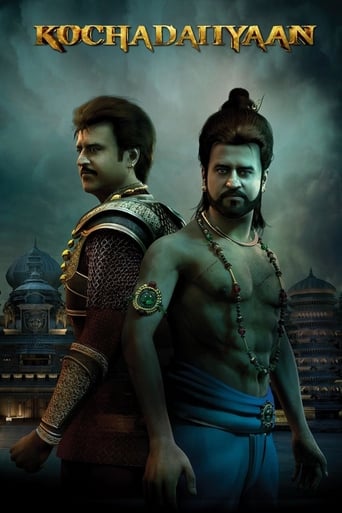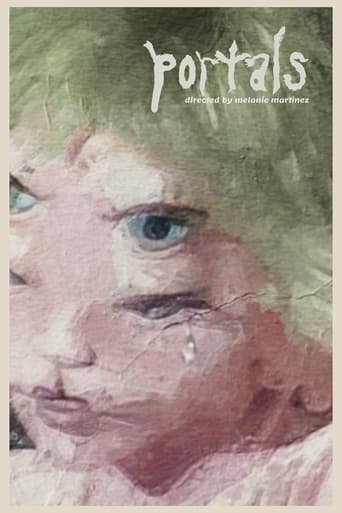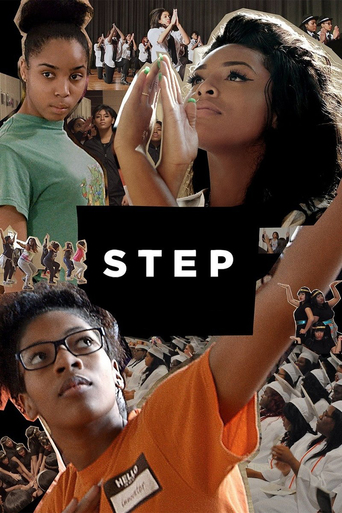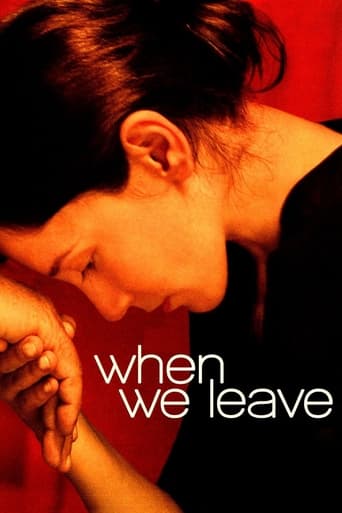
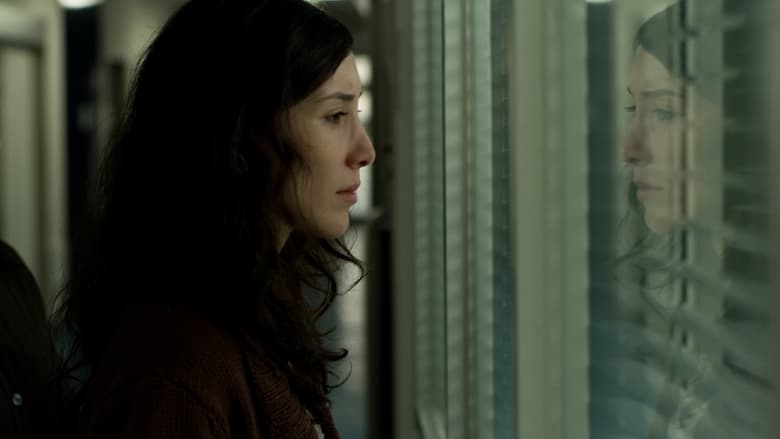
When We Leave (2010)
Umay is a young woman of Turkish descent, fighting for an independent and self-determined life in Germany against the resistance of her family. Her struggle initiates a dynamic, which results in a life-threatening situation.
Watch Trailer
Cast


Similar titles
Reviews
I don't really know why this movie is so underrated.It is, as i know, the first feature film of the director. And the struggle to choose between your family and society is real. Not only in Turkish families, not in every family but in some for sure. Murder because of honer still exists. Murder because of different pictures of society still exists. And also it's a movie. I think it is really realistic but if you don't remind yourself of every Hollywood romance film existing. Yeah very realistic stuff.. I also don't get in what way this is racist. It is a story of a family not every family. This movie is a great example of using a different language than English or German and the cast is actually Turkish. It celebrates diversity in movies.There are many many other films which portray Turkish people in a more ghetto and criminal style but this film is about relationships and the problem of honor and empowerment in a society.The camera-work is beautiful. You feel like being sucked in that isolated world of the family. The dialog is beautiful written.I just love that film and i would recommend watching it.
Die Fremde, or When we Leave is a whole lot of western stereotyping of immigrants living in Europe. In this case, a married Turkish young woman with her son separates from her husband who beats and rapes her frequently. This brings to her life a whole lot of other problems, with her family and specially with her father (and mother), who greatly opposes to what he sees as wrong in a traditional society that treats women as a possession of men. It starts with the scenes of beating an raping that will be the main issues during the film, it follows with her struggle to start her own life under the opposition of her family, her father and the older brother being taking the leading roles in subjugating her.I really wouldn't recommend this film for its mostly eurocentric views of immigrants living in Europe.
Feo Aladag's debut feature comes to you with such a powerful presence that it is unlikely anyone will falter under her silver screen plea of sincerity and truth about violence against women and their rights under religious restraints. This narrative drama is void of plot clichés and feels a lot like a documentary, convincing of an ill-fated woman's horrible chapter captured on film.Austrian actress Aladag's first feature film is powerful and overwhelming for the film community, depicting a Muslim woman's struggle for freedom and human rights in the light of religious complications. It is made with such rawness that is almost too convincing as a drama genre film, feeling more like a documentary on the big screen. There is almost no single scene in it that makes you go "Hmm, that is scripted" even though it is, by Aladag herself.We are looking at superb directing and writing here by a first time feature film-maker, which is a wonderful surprise that leaves us craving for more of her works to come. Perhaps it is her passion to promote anti-violence against women as well as women's rights, allowing her to be devoted towards this film as a mass media tool of propaganda for a good cause.I for one, am very convinced and inspired by her film.Sibel Kekilli (previously earning accolades for "Head-On") deserves (Oscar nomination worthy) recognition for her portrayal of Umay as she manages her emotions so well to evoke strong feelings within the audience. I felt so much for Umay and her son Cem, wondering how can such tragedy befall upon them and at some points experiencing this passive urge to extend my helping hand towards them.No film has ever made me feel this way.Aladag illustrates the modern European society's concerns over integrating Muslim immigrants into the EU community, where the line to draw between intercultural tolerance and interference is vaguely debatable. Just how much can one's deprival of basic human rights be justified by any religion, the very one that supposedly exists to give us hope, security, and moral guidance?Pressurised by how the conservative Muslim community judges their family based upon Umay's individual revolt against norms, her family becomes very uptight and volatile regarding the new found woe and remains adamant against her doings. There is very little act of love revealed under their furious demeanour throughout the film, but I do believe that Umay does hold a place in their hearts no matter how small it is becoming. Her religious family has perhaps overtly regarded faith as the utmost authority that cannot be defied, one that even transcends blood ties.Interestingly, her two brothers played an integral part in conveying the sentiments of the young Muslim generation. Both brothers did not know what they should do, except by faith and teachings since young to always follow the intentions of their parents. None of them tried to hold rational family discussions to speak on this, where everything is decided by the head of the family. With their parents heavily stuck in the mud of traditional values and culture intolerance, the brothers eventually caved in and followed suit to resist their sister.Umay and Cem are being ill-treated by her abusive husband (coerced sexual activities and violence), leaves him and runs home to her family who regards her act as a shameful disgrace. Umay's father mentioned that upon marriage, she belongs to her husband. Does that mean that she has to suffer silently even when her husband tears off a limb or two from her or even end her life? It is also cruelly brought up that when her family has to choose between the community and Umay, they will never choose her.These are questions that one has to ask oneself, regardless of religion and cultural background.In 2005, 23 year-old Hatun Sürücü was shot to death by her youngest brother, at the instruction of his family, at a bus stop near her residence. This was classified as one of the shocking "Honour killings" trend in Germany, where the father has actually ordered for the murder of his own daughter. Hatun was married against her will to her cousin for eight years and decided to leave him with her then five year-old son. Hatun was pursuing an education and an internship as an electrician after she left her husband.This film follows with reference to the 2005 tragedy, but the ending (though similarly unfortunate in nature) is not the one as mentioned above. So no spoilers pertaining to the film's ending.A simple issue of a woman's ill-treatment by her abusive husband and her decision to leave her misery behind for a better life that everyone deserves. There is no religious implications here. It is not up to God to decide who should be ill-treated or deprived of human rights, it is up to us to stop violence and unjust treatment as fellow human beings. Sadly, although the misfortune of Umay (and Hatun) was derivative of religious intolerance, the entire affair has nothing to do with religion.Umay has removed her head scarf in the film ever since her family disapproves of her intentions. This may be deemed as her disregard of and revolt against religion, but I feel that it is more of a revolt against unjustified suppression of her personal freedom and rights. Her removal of her scarf may simply imply that it has nothing to do with religion.Just as what Umay's superior has said to her father during an unannounced home visit,"Leave Him out of it, God has nothing to do with this".
Within 30 seconds of the film's opening scene, we know we're entering a complex, and very real world. Later we see Umay, our lead character, lying on a doctor's table and we immediately fall in love with her. There is something magical and loving about the way the camera moves around her. That's all the character development we need, but this heroine (and I mean this in a literal sense; Umay, to me, is a hero in the best sense of the word) continues to evolve and reveal amazing traits in a complicated situation that mere mortals would fold under.This Turkish film is about familial bonds, deep and abiding love and human rights. It attempts to bridge the gap between traditional cultures and their inherent focus on family as one's primary means of survival, and post-industrial (Western) culture in which human rights and dignity are of paramount importance.'When We Leave' reminds us westerners of what we sacrificed in the name of economic and political progress while illuminating what is now, to us, a little-understood truth: The "Old Days" weren't always "The Good old Days."I cannot recommend this film highly enough. Sibel Kekilli's performance as Umay must be the finest role, male or female, of the entire year. And what a face! One could watch the entire film with no audible dialog and be transfixed throughout by this wonderful actor's countenance. Too bad she won't be considered for a Oscar!


